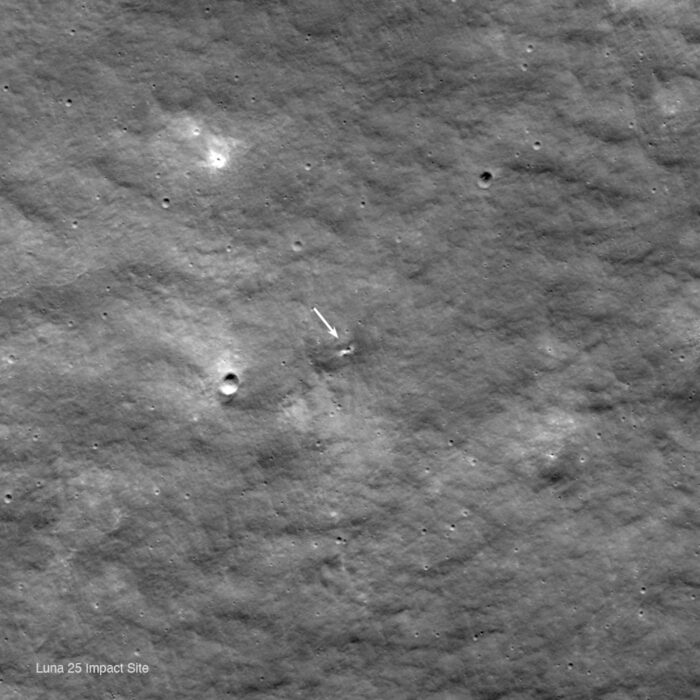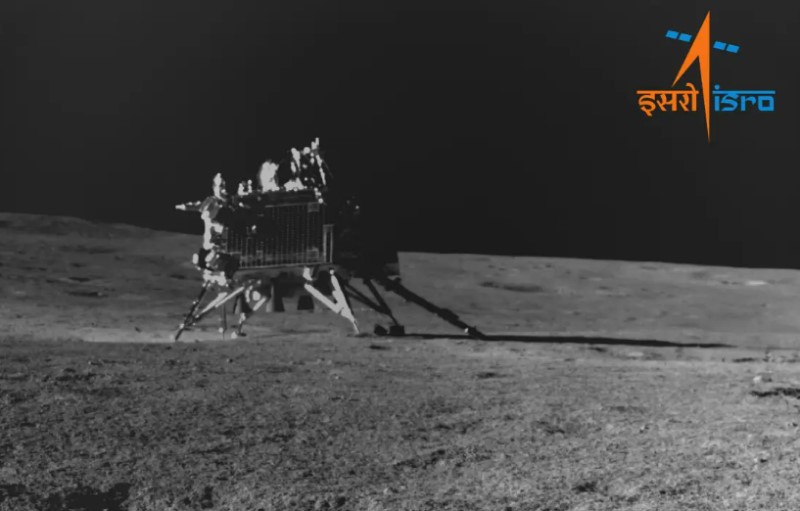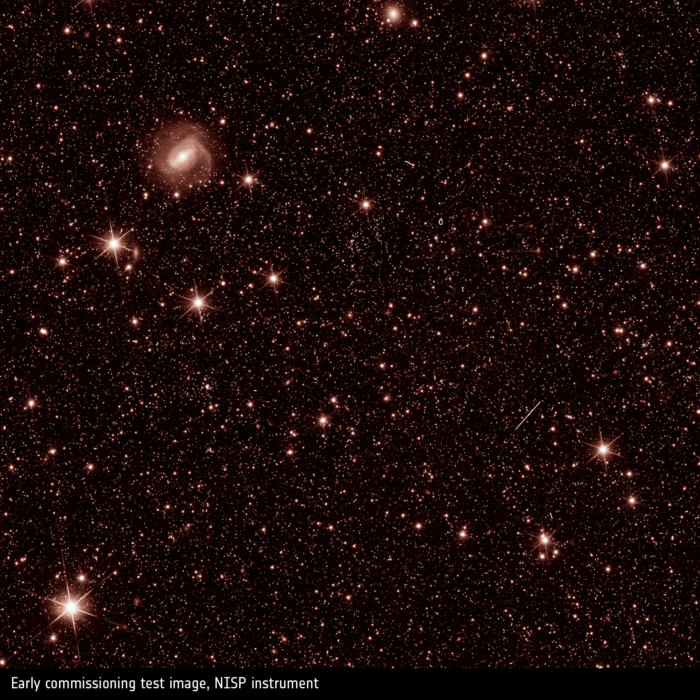Early Wednesday morning, physicist Stephen Hawking died at his home in Cambridge, England. He was 76. That number alone could be seen as remarkable.
At the age of 21, he learned that he had amyotrophic lateral sclerosis (ALS), a condition also known as Lou Gehrig's disease. It attacks the neuromuscular system, quickly making most movement impossible. Hawking's doctors gave him only a few years to live.
Not an end, but a beginning
Stephen Hawking visits Princeton University in the 1970s. (Getty Embed)
But they were wrong. Though the disease did ravage his body, it could not touch his brilliant mind. Stephen Hawking revolutionized science from a wheelchair, becoming the most groundbreaking scientist since Albert Einstein. Using only his finger and cheek muscles to control a specialized computer and speech synthesizer, he communicated theories that changed science forever.
Not one thing, but everything
Stephen tours to promote his best-selling book, A Brief History of Time, in Paris in 1989. (Getty Embed)
Before Hawking, gravity was the lone rule that governed the universe. Whether it be moons and comets, or stars and planets, each object's gravity kept things humming in orbit. But newer science at the time was showing that tiny atomic-sized particles had different rules, known as quantum physics. These rules were bizarre, full of jumping particles and bursts of seemingly unpredictable energy. Nothing like the stable gravity of the Sun.
Hawking's bold move was to try and blend the two ideas together. Many thought it was impossible. In the 1970s, he began combining ideas about the most massive and very smallest objects known. His goal was to create a theory of everything.
Not black, but bursting
Despite not being able to speak for most of his life, Hawking still showed a big sense of humour in his lectures. (Getty Embed)
Hawking made this connection in his work on black holes. He found that black holes—those unstoppable matter- and light-sucking machines of the cosmos—actually gave off energy, too. Black holes give off energy?! It sounded impossible, but his calculations proved it.
The energy that they give off is now known as Hawking radiation. And the ideas he came up with led to a deeper understanding—and deeper curiosity—of how the universe works.
Still not an end
Hawking in 2017. He never stopped traveling and giving lectures. (Getty Embed)
Stephen Hawking certainly didn't answer every question he asked of himself. Black holes are still full of great mysteries, ones that future brilliant minds can hopefully help unravel.
But he will be remembered as one of the truly great minds in human history. Despite disease, disability, and early brushes with death, his unstoppable mind led him to create ideas whose legacy will never die.
His theory of everything was never fully completed. But it is everywhere.
 Professor Stephen Hawking never let his disability stop his quest to understand the universe. (Alessandrozocc | Dreamstime.com)
Professor Stephen Hawking never let his disability stop his quest to understand the universe. (Alessandrozocc | Dreamstime.com)










I would love to look up black holes
I would love to look up black holes ❓
I would love to look up black holes they look kool and what does it look like in person 😕